Comey Reportedly ‘Willing to Testify, but Wants It to Be in Public’
Questions continue to swirl after FBI Director James Comey was unexpectedly fired by Donald Trump this week.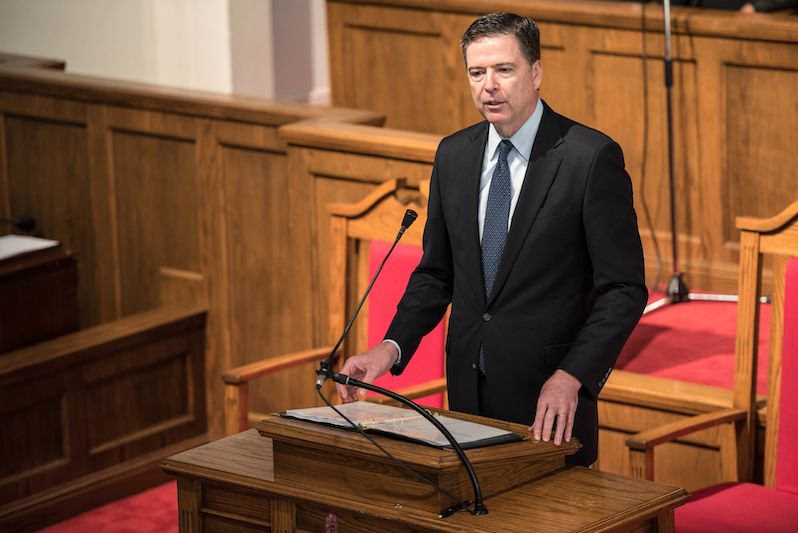 James Comey speaking in 2016. (Wikimedia Commons)
James Comey speaking in 2016. (Wikimedia Commons)
James Comey speaking in 2016. (Wikimedia Commons)
Numerous questions remain unanswered after President Trump unexpectedly fired FBI chief James Comey this week, and, several days later, warned Comey via Twitter that he’d “better hope that there are no ‘tapes’ of our conversations before he starts leaking to the press.”
The ensuing backlash from Comey’s dismissal, apparently unanticipated by White House officials, stems from concern that Trump fired Comey due to the FBI’s investigation into potential Russian influence in the 2016 presidential election. The public eagerly awaits answers, especially after an unhelpful Friday press briefing held by Sean Spicer.
There is a chance, however, that Comey could testify before Congress. The New York Times reports:
[Comey] declined a request to testify before the Senate Intelligence Committee on Tuesday. According to a close associate of Mr. Comey, he is willing to testify, but wants it to be in public.
Earlier this week, acting FBI Director Andrew McCabe publicly testified in front of the Senate Intelligence Committee and made it clear that his bureau will not bend to any pressure from the White House.
The news of Comey’s willingness to testify comes one day after Trump’s former business acquaintances shared information regarding Trump’s possible “tapes.” According to the Washington Post:
Throughout Donald Trump’s business career, some executives who came to work for him were taken aside by colleagues and warned to assume that their discussions with the boss were being recorded.
“There was never any sense with Donald of the phone being used for private conversation,” said John O’Donnell, who was president of the Trump Plaza Hotel and Casino in the 1980s. …
Trump’s fascination with recording his conversations reaches back to the early years of his real estate career, when he installed in his 26th-story office in Trump Tower a “system for surreptitiously tape recording business meetings,” according to an eyewitness account in Harry Hurt’s 1993 biography, “Lost Tycoon.” And BuzzFeed News reported last year that Trump listened in on calls made by staff at his Mar-a-Lago estate in Florida.
Trump sometimes informed reporters who were interviewing him by phone that he was recording their conversation.
As Ken Hughes, a presidential historian with the University of Virginia’s Miller Center, noted in an interview with the Los Angeles Times, any potential recordings of conversation with Comey would become “evidence in any investigation of whether his firing of Comey amount to obstruction of justice.”
“If so,” Hughes explained, “they are evidence related to a criminal investigation and therefore they can be subpoenaed, either by Congress, or by a prosecutor, or special prosecutor if one is appointed, and Trump has to turn them over, as the Supreme Court ruled way back in 1974.”
—Posted by Emma Niles
Your support matters…Independent journalism is under threat and overshadowed by heavily funded mainstream media.
You can help level the playing field. Become a member.
Your tax-deductible contribution keeps us digging beneath the headlines to give you thought-provoking, investigative reporting and analysis that unearths what's really happening- without compromise.
Give today to support our courageous, independent journalists.


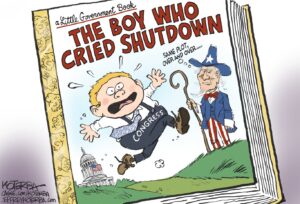
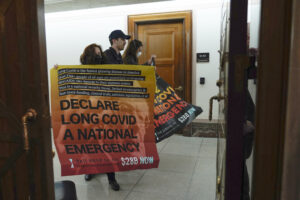

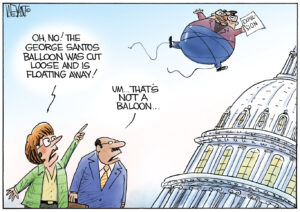
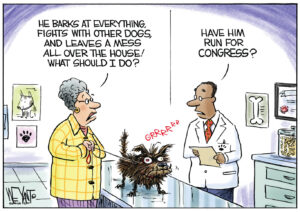


You need to be a supporter to comment.
There are currently no responses to this article.
Be the first to respond.